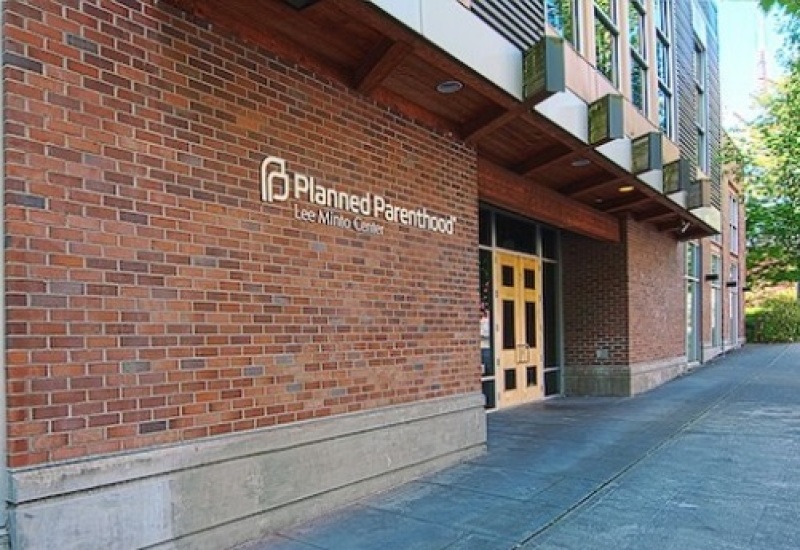
The Iowa Supreme Court has ruled on Wednesday in favor of the state to ban Planned Parenthood and other abortion providers from receiving grants for use towards sex education, a report says.
According to The Christian Post, the Iowa Supreme Court ruled in a vote of 6-1 on a lawsuit filed by Planned Parenthood of Heartland in 2019 against the state for a law that bans abortion providers from receiving grants on sex and pregnancy education.
The law, House File 766, was signed by Governor Bill Reynolds after it was passed by the Iowa General Assembly in 2019. Planned Parenthood filed the lawsuit on the grounds of unconstitutionality through its legal counsel the American Civil Liberties Union against the governor, the Department of Public Health, and the Department of Human Services and its Director Kelly Garcia.
Planned Parenthood filed the lawsuit since it has been receiving the grants since 2005 through the state's Community Adolescent Pregnancy Prevention Program (CAPP) under Department of Human Services and the Personal Responsibility Education Program (PREP) under the Department of Public Health.
Thus, the law then prohibited Planned Parenthood from receiving the grants again. The lawsuit they filed with the District Court of Polk County was for injunctive and declaratory relief, which was granted them. But the state appealed on the matter with the Supreme Court who decided that the district court's decision is "reversed and remanded."
The Christian Post said Justice Dana Oxley, who wrote the majority decision, upheld House File 766's Sections 99 and 100 that spoke on the restrictions of the federal grants.
As per the court decision, the said sections were added in 2019 as amendments to House File 766 and provided the conditions in the release of federal funding. It, in particular, prohibits "abortion providers
from participating in two federally funded educational grant programs directed at reducing teenage pregnancy and promoting abstinence."
Oxley pointed out "after careful analysis" that Planned Parenthood's challenge on the law's unconstitutionality has no basis, taking into consideration the state's interest "in selecting the messenger for its programs."
"Upon careful analysis of the challenged constitutional rights and the State's interest in selecting the messenger for its programs, we conclude the conditions are rationally related to the classification selected by the general assembly," Oxley said.
"Because an abortion provider lacks a freestanding constitutional right to provide abortions," she pointed out, "any conditions premised on providing abortions cannot be considered unconstitutional. We reverse the district court's order striking down sections 99 and 100 of House File 766."
Oxley explained that CAPP and PREP, being federal grants, are awarded by the state to third parties through a bidding process. She also elaborated that the purpose of the programs was to provide the youth sexual education and pregnancy prevention, as well as, to reduce sexually transmitted infections in select counties since the state is in high risk of it.
The CAPP and PREP curricula, as per the court ruling, does not mention about abortion and specifically mentions that the fund for it must not be used for abortion or related services. The third parties awarded the grants must then use it for this sole purpose. The amendments to House File 766 only actually safeguards what already is stipulated in the program.
In addition, Oxley highlighted that records show Planned Parenthood was never able to use the grants for its actual intent since 95% of abortions in the state are referred by them and the schools they partnered with to conduct the programs do not actually have the capacity for its implementation.
"Upon patient request, all PPH health centers refer patients for abortion care. PPH also engages in advocacy that supports access to abortion services for patients who decide to have an abortion," Oxley said.


























